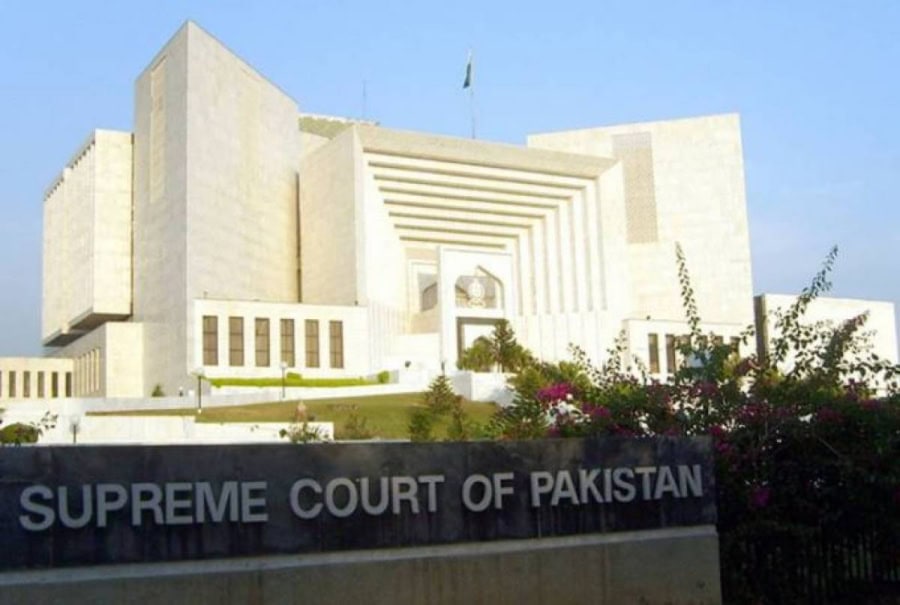Islamabad: All eyes are fixed on the Supreme Court of Pakistan, as it is expected to announce its much-anticipated verdict in the Punjab Assembly election delay case today, with the government having shown complete distrust over the bench.
A three-member bench of the apex court, led by Chief Justice Umer Ata Bandial and comprising Justices Ijaz ul Ahsan and Muneeb Akhtar as its other members, will announce the verdict on a petition that was filed by the Pakistan Tehreek-e-Insaf (PTI).
The petition was filed by the former ruling party challenging the postponement of elections in Punjab by the Election Commission of Pakistan to October 8.
The apex court accepted the plea and started hearing it on March 27. Over the course of six hearings, which lasted more than eight days, the parties concerned made their points.
A five-member bench, consisting of the Chief Justice of Pakistan (CJP) Umar Ata Bandial, Justice Amin-ud-Din Khan, Judge Jamal Khan Mandokhail, Justice Munib Akhtar, and Justice Ijazul Ahsan, was initially formed.
On March 30, Judge Amin withdrew from the case, citing a decision from a three-judge panel that had paused the proceedings in accordance with Article 184(3) of the Constitution.
The bench was then reduced to consist of just four people: CJP Bandial, Judge Mandokhail, Justice Akhtar, and Justice Ahsan.
On March 31, a day after Judge Mandokhail also recused himself, noting that as he was not consulted before the formation of the bench, he would like to withdraw himself.
The attorney generals of Punjab and KP, the attorney general of Pakistan, the attorney representing ECP, as well as the secretaries of defence and finance, presented their cases before the three-member bench that would announce the decision.
The Pakistan Peoples’ Party (PPP) and Pakistan Democratic Movement (PDM) coalition parties requested the creation of a full court to hear the matter while the hearing was taking place.
The apex court, however, turned down their request. The three-member bench that was hearing the issue was then criticised by the coalition leaders, who were certain that they would not accept the ruling.










